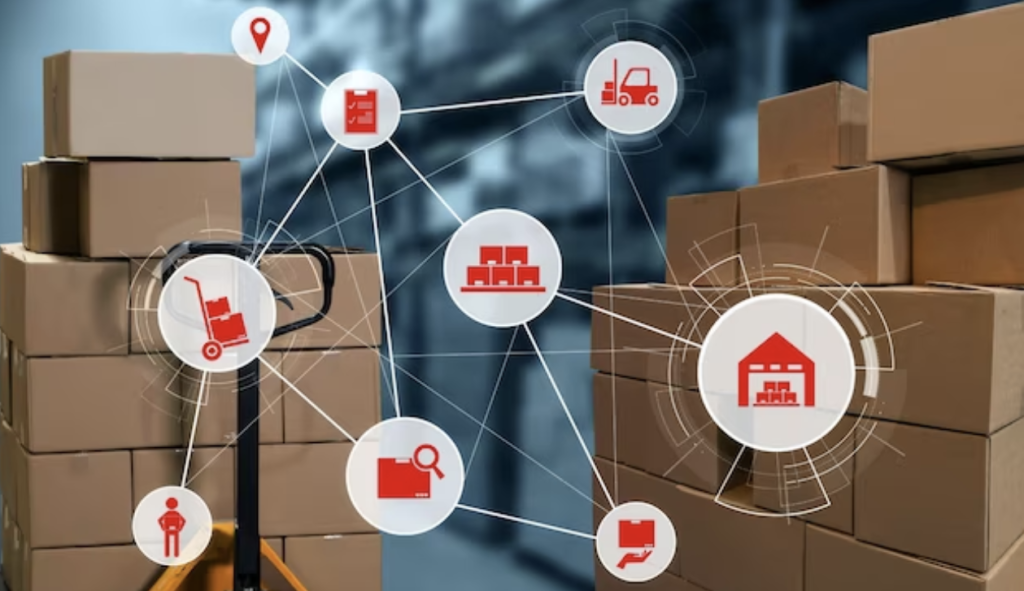
Product Distribution Companies in South Sudan
South Sudan, as a young and developing country, has a growing market for product distribution, particularly in essential goods, construction materials, food supplies, and consumer products. The country’s product distribution industry faces challenges like limited infrastructure and political instability but shows promise due to increasing urbanization, international investments, and the establishment of small and medium enterprises (SMEs). Below is an overview of notable players, market opportunities, and challenges in South Sudan’s product distribution landscape.
Key Distribution Companies
1. Nile Distributors Co. Ltd.
Nile Distributors specializes in importing and distributing fast-moving consumer goods (FMCGs) such as beverages, packaged foods, and toiletries. The company focuses on major urban centers like Juba, Wau, and Malakal, leveraging its local knowledge and partnerships to ensure consistent product availability.
2. Afex Logistics
Afex Logistics is a well-known regional player offering supply chain solutions in South Sudan. While primarily engaged in logistics, the company has also expanded into distribution, particularly for construction materials and essential goods, serving both urban and rural areas.
3. Ramciel International Group
Ramciel International Group is active in the distribution of food products, beverages, and agricultural tools. It is a prominent supplier to local retailers, and its strategic location in Juba enables efficient access to South Sudan’s trade corridors.
4. SABMiller (Now AB InBev)
This multinational brewery has a strong presence in South Sudan, distributing beverages and beer. Despite challenges in the market, the company has managed to maintain its position as a key supplier of alcoholic and non-alcoholic drinks.
5. Shalom International Co. Ltd.
Shalom International deals in consumer products such as cooking oil, sugar, rice, and household items. It imports goods from neighboring countries like Uganda and Kenya and serves local markets through a network of wholesalers and retailers.
Distribution Landscape
South Sudan’s product distribution sector is largely informal, with a heavy reliance on small-scale distributors and cross-border trade from neighboring countries, particularly Uganda, Kenya, and Sudan. Key distribution hubs include:
Juba: The capital city and largest market.
Wau: A growing trade center in Western Bahr el Ghazal.
Malakal: A key northern hub with potential for expansion.
The majority of distributed products include food supplies, household items, electronics, clothing, and construction materials.
Challenges
1. Infrastructure: Poor road networks and lack of transport facilities hinder efficient distribution.
2. Political Instability: Ongoing conflicts disrupt supply chains and discourage investments.
3. High Import Costs: Heavy dependence on imported goods leads to high operational costs.
4. Limited Financial Services: Difficulty accessing credit affects local distributors’ ability to scale up operations.
Opportunities
1. Infrastructure Development: Improved roads and regional connectivity will boost the distribution sector.
2. Partnerships with NGOs: With NGOs active in South Sudan, there is significant potential for distributing essential goods through collaborative efforts.
3. Technology Adoption: Using mobile apps and digital platforms can streamline supply chain operations.
4. Regional Integration: Participation in East African trade agreements could reduce costs and enhance market access.
Conclusion
Despite its challenges, South Sudan’s product distribution sector is gradually expanding. With increased investment, improved infrastructure, and regional trade agreements, it has the potential to become a competitive market for local and international distributors. Collaboration between local businesses, the government, and international organizations is critical to fostering growth in this sector.






Leave a Reply